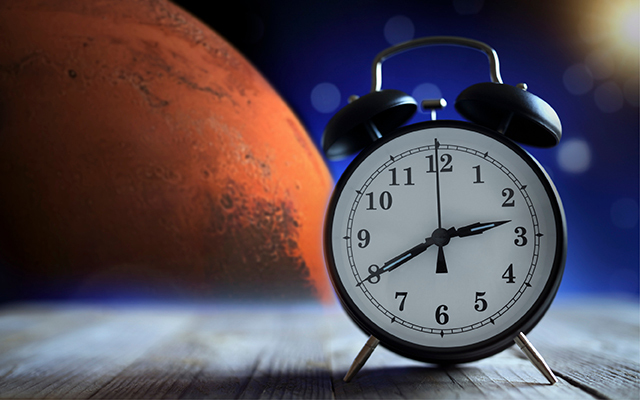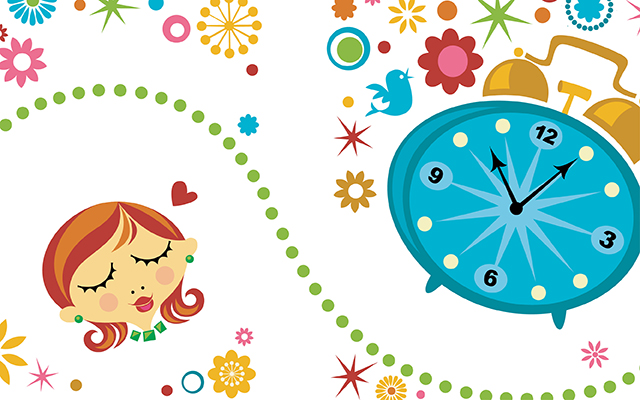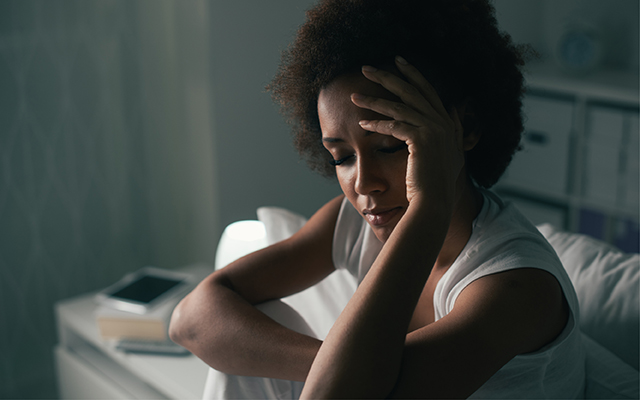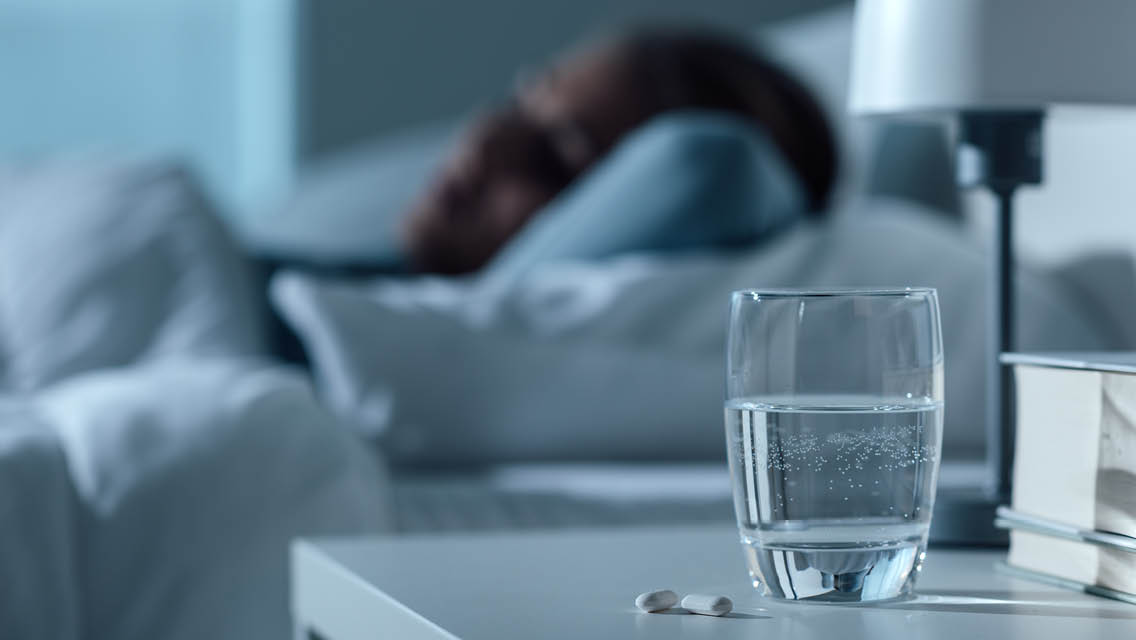Just over 1 percent of humans carry a gene mutation that predisposes them to late nights, according to a new study published in the journal Cell. Specifically, the CRY1 mutation puts the body on a 24-and-a-half-hour clock, which suits its carriers to life on Mars — where a day lasts 24 hours and 39 minutes.
“Carriers of the gene have longer [internal] days than [our] planet gives them,” researcher Alina Patke, who headed the research study at Rockefeller University, told NBC News. “They are essentially playing catch-up for their entire lives.”
These genetic night owls tend to have fragmentary, restless sleep, and they also experience disrupted body-temperature patterns. Researchers describe the effects as being like “perpetual jet lag.”
Experts in circadian health explain that the body’s rhythms are attuned to more than just sleep. In addition to the body’s “master clock” located in the brain (called the suprachiasmatic nucleus, or SCN), the body has a series of “peripheral clocks” located in various organs, like the GI tract and the kidneys. When these clocks are running on different schedules, as they do during jet lag and sleep deprivation, any number of rhythmic bodily processes can run amok, including digestion and wound healing.
Disrupted circadian cycles can also set a person up for chronic inflammation, which is behind a host of health conditions.
Still, even those genetically predisposed to Martian sleep cycles can train for more health-supportive sleep habits. “An external cycle and good sleep hygiene can help force a slow-running clock to accommodate a 24-hour day,” Patke said. “We just have to work harder at it.”
People who struggle to get in sync with the 24-hour day may even want to train for sleep like a sport. Phyllis C. Zee, MD, PhD, a professor of neurology at Northwestern University who specializes in sleep and circadian health, recommends paying careful attention to three things:
- Sleep timing: Zee emphasizes the importance of having a regular sleep and wake time.
- Food timing: Eat meals at about the same time each day, and at least two hours before bedtime.
- Light exposure: Get some bright light in the mornings and avoid it in the evenings.
For more on how to regulate sleep cycles and develop optimum “circadian health,” even if you’re better designed for life on Mars, see “Get in Sync.”




This Post Has 0 Comments